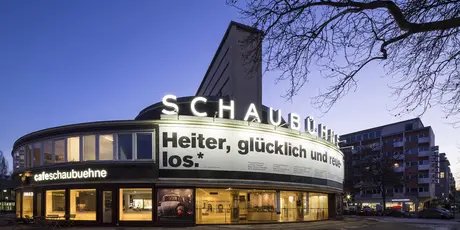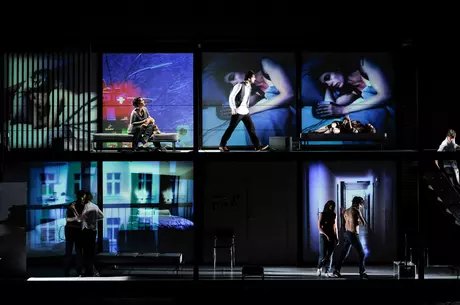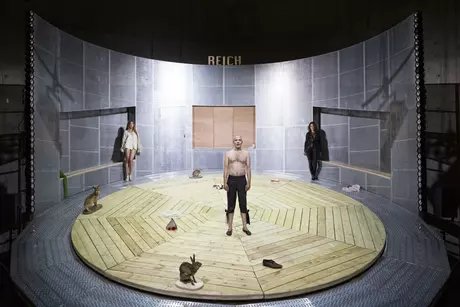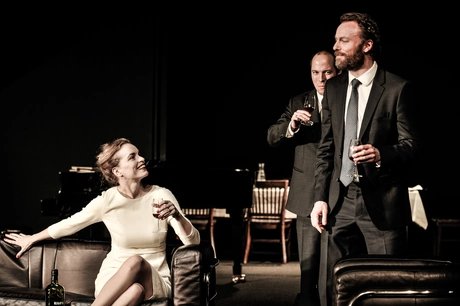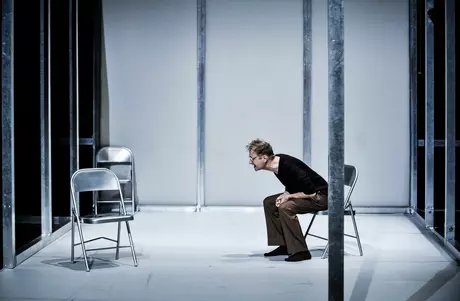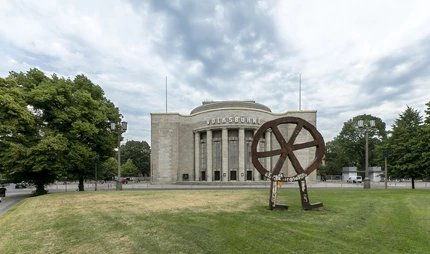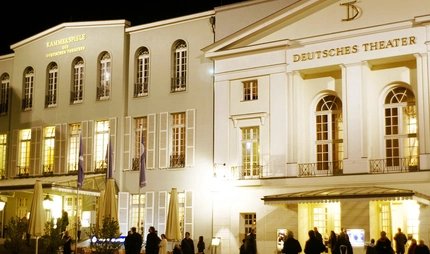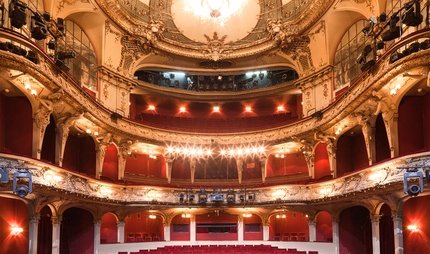
Schaubühne Berlin
The play’s the thing…
Schaubühne Berlin – where all the world’s a stage. Cutting-edge theatre and new interpretations of classic plays – always topical, and always exciting!
The Schaubühne Berlin is home to modern drama – a passion for the stage, readiness to experiment and try out new forms, yet faithful to the spirit of the works and the dramatic arts. A vision it has proudly pursued ever since it was founded over fifty years ago.
The Schaubühne Berlin – classic and contemporary theatre
The Schaubühne's repertoire combines the great dramatic works of world literature with contemporary plays and experimental theatre. This is a stage with a strong vision of its own identity as a theatre exploring new paths, developing novel, experimental dramatic languages, and entering into a dialogue with the arts, music, literature and film.
The focus, though, is always on narrative and text – no matter whether the play is a renowned classic or a contemporary avant-garde work. The Schaubühne also never loses sight of present-day social realities, always looking for interesting ways of integrating these concerns into its productions. The Schaubühne Berlin has an enviable reputation on the theatre scene, winning many awards and prizes and often touring internationally.
History
Founded in 1962, the “Schaubühne am Halleschen Ufer”, as it was originally called, was a typical child of the 1960s. Its programme was dedicated to political theatre and social activism. The productions by renowned directors and with leading actors such as Peter Stein, Klaus Michael Grüber, Luc Bondy, Robert Wilson, Andrea Breth, Bruno Ganz, Edith Clever and Jutta Lampe have earned a place in the history of the theatre. In particular, Peter Stein's new readings of classic Chekhov plays were a landmark in the theatre scene at that time. These included The Three Sisters and The Cherry Garden, so realistically staged – with real, fragrant straw – that the scene change took an hour.
Later, Sasha Waltz, Berlin’s best-known choreographer, staged her spectacular dance pieces here. Since 1999, the Schaubühne has been led by artistic director Thomas Ostermeier. Together with his ensemble, he has successfully taken the theatre into the twenty-first century.
Architecture
In 1981, the Schaubühne moved to Lehniner Platz and into the Mendelsohn building, named after architect Erich Mendelsohn. This former cinema, now a heritage building, is notable for its curved façade and red clinker brick construction. Before it became the Schaubühne’s new home, the cinema was converted into a multifunctional theatre with three stages. Depending on the work presented, these can be used independently or combined as one stage.
Surtitles
For selected pieces, the Schaubühne shows surtitles in English and / or French, as well as German surtitles for the hearing impaired for certain pieces.
Information for school classes
In guided workshops, school classes have the chance to perform theatre themselves. Pupils writing a review of a play for their school magazine are given free tickets. The Schaubühne also offers teachers the opportunity to meet and align plays with the school curricula.
Schaubühne café
The Schaubühne café, which is also open throughout the day from Monday to Friday, offers a changing weekly menu for meals, snacks, and drinks before or after performances.
Parking
The theatre does not have its own parking facilities. Limited parking is available on the central strip on Kurfürstendamm boulevard and in the side streets. The theatre is also easy to reach by public transport.
